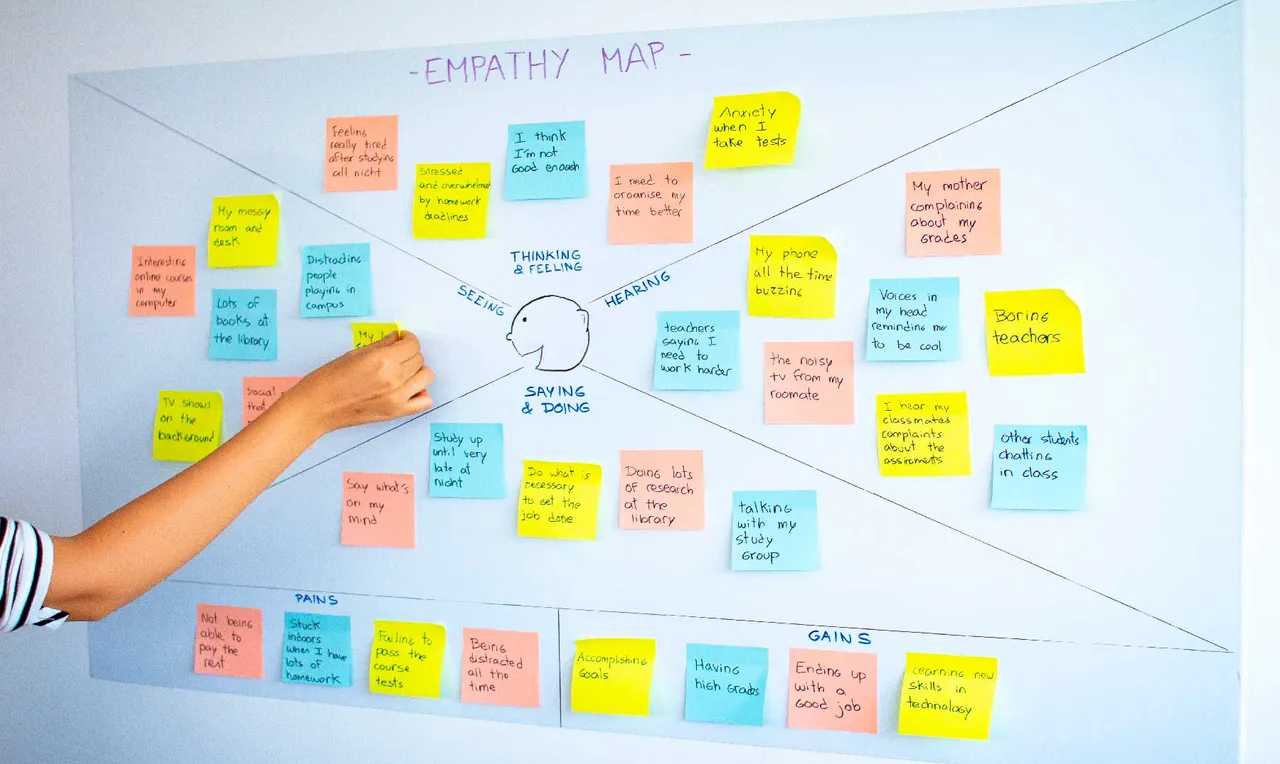
Source
There is talk of mercy and humanity in every corner. But how to cultivate such qualities in children?
Have you ever seen a scene like this?
The child walks happily on the road. You can see that he recently learned to walk. Suddenly something caught his eye. He squats down and looks at the little insects. "These are ants!" - Mom explains. The child grabs the first ant and squeezes it between his fingers.
The ant "decomposes". The child throws it and catches the second, then the third, the fourth ... Mom looks fondly at her son's dexterity ...
Or, let's say, Grandpa was tired and lay down to rest. Then the grandchildren come running and screaming they start jumping on the bed, annoying the grandfather and demanding that he read them a book. What was the reaction of the grandfather and the other adults present? Most of the time, cute again! And now an old man, groaning and overwhelmingly tired, begins to entertain his favorites.
But everything comes from childhood. Very often, it seems to parents that, although their child is still young, it is too early to talk to him about anything serious. "He will continue to succeed, who rejoices, why hurt himself in vain", they think. (And then one of these parents is bitterly puzzled: "Why does our son only think of himself, is he indifferent and rude? Why do we put our whole soul into him and he becomes so callous!").
It is necessary to educate our children with compassion, in this opportunity I will give you 5 practices to generate compassion in children:
- Control your speech. It is clear that teachers and parents do not use harsh words or obscene language. But how often do you use the words humanity, sympathy, kindness, compassion?
Tip: Ask the children to find synonyms for empathy. Let them use dictionaries or the Internet. It is also a good idea to ask children exactly how they understand the word. What emotions does it evoke?
- Talk about empathy. Where does compassion in children come from when adults don't talk about it in everyday life? In school, this is most often remembered when analyzing literary works. But children rarely see the connection between literature classes and everyday life.
Did you witness a touching story on the way to work or at recess? Tell us what impressed you, what made you think, what motivated you to show compassion.
- It is important for children to understand that they can help their neighbor not far from there, but here, in their own school, on their own street, in their city. And those who need mercy are constantly with us. We just forget how to notice them, we talk about them.

Source
Tip: Give students examples of empathy: donating, raising money for the seriously ill, sponsoring an animal shelter, or helping out at a nursing home.
- Give it time. One day after a one-time charity event, a bully may not have as much sympathy as Mother Teresa. Also, there are many more scenes of violence and rudeness in the world around them than of goodness.
We are sure that there are no 100% angry children without a drop of kindness. Depending on their education, social conditions, and a host of other factors, everyone needs a different amount of time to "cultivate" compassion.
Tip: hold charity events once a month, quarter, quarter. Children must learn that compassion is a lifelong quality, not a one-time show.
- Lead by example. It is good to tell your child what compassion is. But can you show an example of such behavior? Humanist life stories can be read. Rapids are unlikely to touch literary examples.
Tip: Invite the children to help out at the animal shelter. You do not need to collect money for this. Contact the shelter coordinators. Sometimes it is necessary to talk about animals through social networks, organize an action "Looking for a home" or simply bring rags from the house to the bed of the animals.
Believe me, teens today are no less kind, humane, and empathetic than their parents at a similar age. Just teach him to show these qualities. Trust me, these important lessons are sometimes more important than a math test or homework check.


